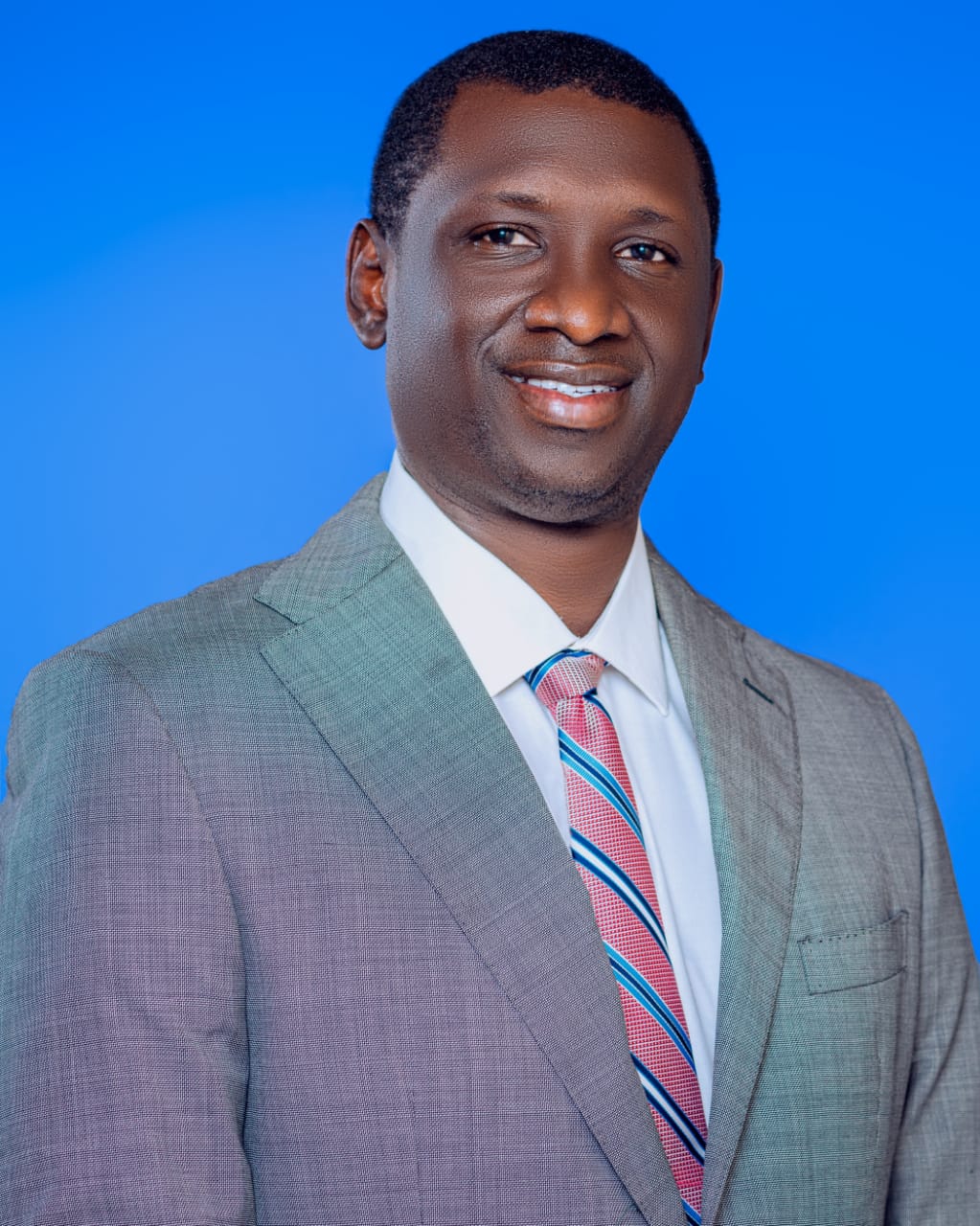By Jarah Kawusu-Konteh
Across this country, women form the backbone of our economy, our communities, and our families. They are market traders who rise before dawn, nurses who endure impossible shifts, teachers who bend over blackboards with tired hands and hopeful hearts. They are girls walking miles to school with empty stomachs and full dreams. And they are victims, of silence, of indifference, of systems that pretend to protect them while quietly betraying them.
For Dr Ibrahim Bangura, it begins with a name, Petra. That is what Dr Ibrahim Bangura named his daughter, a name drawn from strength, from rock, from unshakable faith in what women can become when they are supported, protected, and empowered. In one of his most heartfelt essays, Dr Bangura confessed that every policy paper he has written on women’s rights, every speech he has delivered on the need to uplift girls, was inspired both by his academic understanding of gender issues and by the everyday hopes he holds for Petra and the millions of Sierra Leonean girls who deserve a future full of possibility.
This is a man speaking not in abstractions. This is a father, a brother, a son, a Sierra Leonean man who understands, with painful clarity, that the empowerment of women is not a luxury, it is a necessity if we are ever to truly heal, unite and build.
Let the data speak. According to the most recent statistics from Statistics Sierra Leone and UNICEF, the government claims that nearly 3 in 10 girls are married before the age of 18. Teenage pregnancy remains a leading cause of school dropout among girls. Gender based violence, including sexual abuse, domestic violence, and workplace harassment, continues to be grossly underreported, and even more grossly under prosecuted. Despite progress in female representation, women still hold less than 15 percent of seats in Parliament, and far fewer in leadership roles within ministries, local councils, and public institutions.
Yet this is not because Sierra Leone lacks laws or policies. On the contrary, the legal framework is robust. From the Child Rights Act of 2007, the Sexual Offences Act (amended in 2019), the Education Policy on the so-called Radical Inclusion, to the more recent Gender Equality and Women’s Empowerment (GEWE) Act of 2022, the blueprint for justice and equality is already there. Sierra Leone has also received generous funding and technical support from the World Bank, UNICEF, UNFPA, Irish Aid, and several other bilateral and multilateral partners. In the last seven years alone, hundreds of millions of dollars have been committed to improving girl child education, combating gender based violence, and expanding women’s access to finance and opportunity.
But Dr Bangura is clear eyed in his critique: “It is not the lack of laws. It is not even the lack of resources. It is the lack of will, the lack of courage, and the weaponisation of implementation for political gain. That is what has failed our women.”
In our latest discussion, he did not mince his words. He described the betrayal of the girl child as “systemic negligence, cloaked in political platitudes.” He lamented the selective enforcement of protections only when it suits the optics, while real abuses, particularly by politically connected perpetrators, are swept aside. He pointed out that gender based programmes are often designed without community consultation, implemented in silos, and measured by donor checklists rather than community transformation.
But he did not stop at lamentation. He offered solutions. Among them:
Establishing a National Implementation Watchdog on women’s rights, comprising independent civil society groups, traditional leaders, and faith based institutions to hold ministries and local authorities accountable
Introducing performance based incentives for local councils that meet targets in girls’ education, access to sexual and reproductive health, and protection services
Expanding community based legal aid clinics to make justice accessible for rural women and survivors of abuse.
Creating mandatory annual audits of donor funded gender programmes, with public disclosure and community feedback mechanisms.
And most powerfully, revisiting our school curriculum to include gender empathy education, so that boys grow up seeing girls not as rivals, but as partners in nation building.
Among Dr Bangura’s many competences, he is a recognised gender expert whose knowledge is rooted in both policy and practice. He led the development of the ECOWAS Gender Policy, consulted on post conflict gender frameworks across Africa, and has worked extensively with national and international bodies to design gender responsive governance programmes.
Dr Bangura believes the protection and empowerment of women is not a task for ministries alone. It is a cultural reformation, one that begins in homes, in classrooms, in marketplaces, and in the minds of men, especially fathers and brothers who must now see their roles not as passive bystanders, but as active defenders of dignity.
To the struggling mother in Moyamba, to the determined schoolgirl in Makeni, to the widowed trader in Pujehun, Dr Bangura carries your voice. His aspirations for Petra mirror his dreams for every Sierra Leonean girl, to be free, to be safe, to be seen, and to succeed.
Let us not pretend we love our daughters, sisters, and wives if we remain silent while they suffer indignity. Let us not praise women on International Women’s Day only to abandon them every other day of the year. Let us not sit idle while another girl is forced into marriage, another woman is denied justice, and another generation is lost to fear.
The time has come to heal, unite and build, not just in rhetoric, but in resolve. Please get involved because this important task start with the election of Dr Ibrahim Bangura as APC flagbearer in the upcoming national delegates conference.
……………………………………………………………………
Jarrah Kawusu-Konte is a Communication Specialist, former Political Editor of the We Yone Newspaper (2004 – 2006) and former Communications Manager and Director of Communications at State House (2011 – 2018). Former APC MP aspirant for Koinadugu District in 2002. A son of the soil, a believer in redemption, and a servant of hope.


